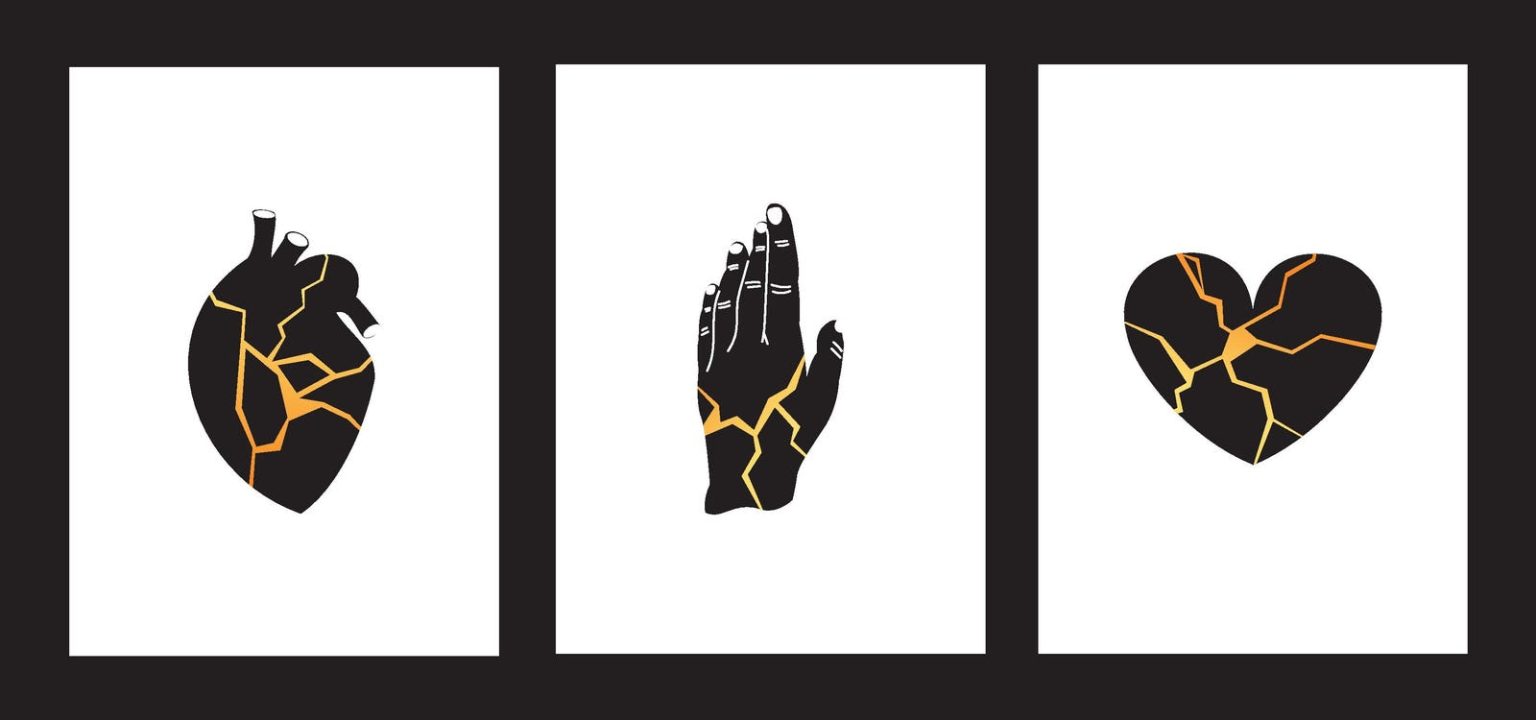Kintsugi, an ancient Japanese art form that celebrates imperfection and resilience, offers valuable insights for nurturing healthy relationships. The philosophy of wabi-sabi, which embraces imperfection and transience, encourages acceptance of life’s inevitable changes. Instead of striving for flawlessness, it emphasizes finding beauty within imperfections.
Perfectionism in relationships can lead to disappointment and frustration, impacting fear of intimacy and sexual intimacy. Drawing from Kintsugi, celebrating imperfections as integral parts of a shared history can foster growth and resilience. By recognizing flaws as opportunities for deeper connection and growth, partners can create a safe space for vulnerability and empathy, strengthening commitment to the relationship.
Crafting resilience in relationships involves patience, effort, and care to mend snags in the relational fabric. Through open communication, empathy, and compromise, partners can fortify their relationship foundation. Working through conflicts and setbacks with love and understanding can strengthen bonds and prepare partners to confront challenges together, ultimately making the relationship more valuable and beautiful, just like repaired pottery in Kintsugi.
Honor transformation in relationships by allowing individuals to evolve independently while growing together as a unit. Embracing and appreciating the changes that occur over time can foster ongoing growth and renewal within relationships. By acknowledging every experience as a contributing factor to the depth of the shared story, partners can let go of old patterns and embrace new possibilities, creating a relationship that is adaptable, resilient, and full of potential for growth.
Embracing change with grace and acceptance can lead to a relationship that is adaptable, resilient, and filled with potential. Honoring the evolution of the relationship and appreciating the beauty that emerges can lead to increased relationship connection and satisfaction. By embracing transformation with openness and gratitude, partners can cultivate a relationship that grows stronger over time.
In conclusion, the art of Kintsugi offers valuable lessons for nurturing healthy relationships, celebrating imperfection, crafting resilience, and honoring transformation. By embracing imperfections, working through conflicts with love and patience, and allowing for individual and shared growth, partners can create a relationship that is strong, resilient, and filled with potential for growth and renewal. Embracing change with grace and acceptance can lead to a relationship that is adaptable, resilient, and brimming with potential.


